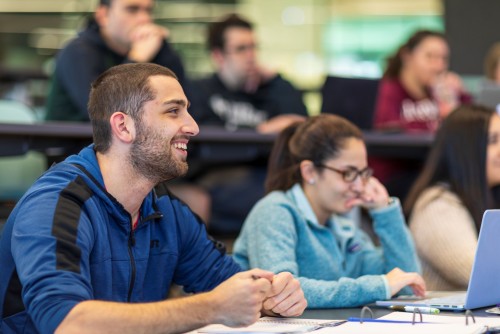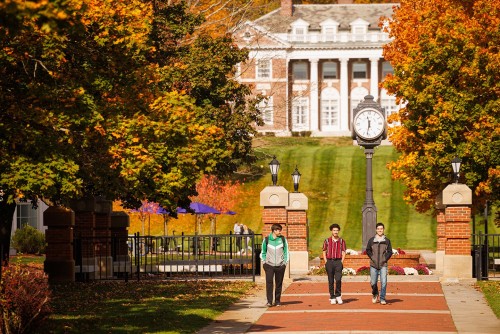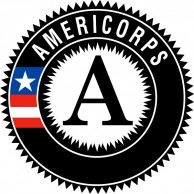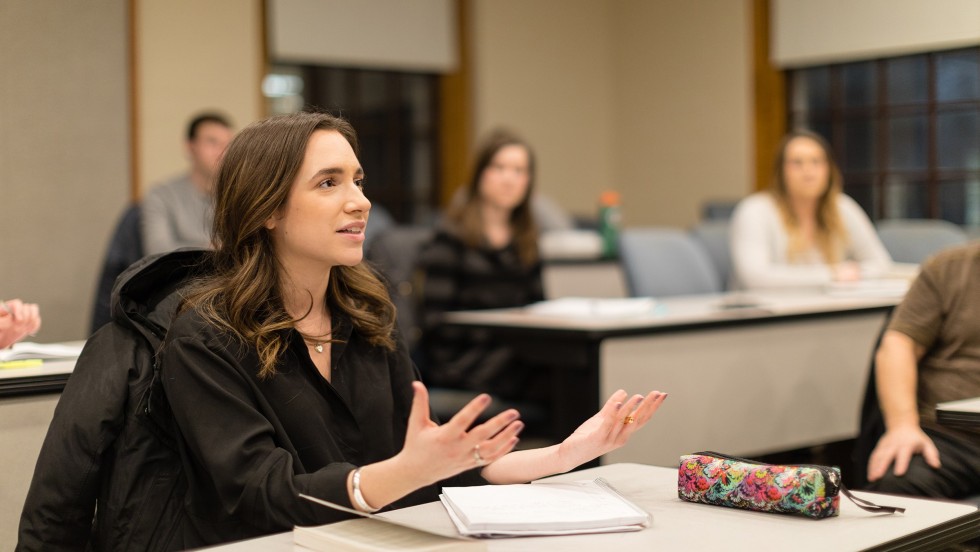Neuroscience Major
Stonehill's Neuroscience program provides an integrated and in-depth foundation for understanding the complex functions of the nervous system and, in particular, the brain. Students can pursue a bachelor of science degree or bachelor of arts degree based on their career goals.
An Undergrad Neuroscience Program with Graduate-Level Benefits
Research opportunities and ability to pursue Bachelor of Arts or Bachelor of Science, allow students to tailor their degree to suit their goals.
Gain a Holistic Understanding
The Neuroscience program at Stonehill College is based on the premise that the study of the brain requires a comprehensive foundation in the sciences and behavior. Our mission is to prepare students to actively engage in and contribute to the process, understanding and application of neuroscience.
The bachelor of science program is especially good for students who are on the pre-med track or interested in pursuing lab research in neurobiology, neurochemistry, etc. The bachelor of arts program retains the core Neuroscience (NEU) courses as requirements, but has fewer biology and chemistry requirements, which offers more flexibility for students, especially for those opting to minor or major in other subjects as well.
What is Neuroscience?
Neuroscience is the study of the nervous system from the molecular to the organismic levels of organization. It is multidisciplinary, drawing on knowledge from traditional disciplines such as biology, biochemistry, physiology, pharmacology and experimental psychology.
Neuroscience Majors Study
Cellular & Molecular Neuroscience includes topics such as gene transcription and translation, intra and intercellular communication, neuronal excitability and conduction of nerve impulses.
Systems & Behavioral Neuroscience includes how networks of neurons operate as a system to allow the organism to respond appropriately to its changing environment.
Clinical aspects of Neuroscience includes neural control and potential treatments for disorders such as sleep apnea, addiction, Type II diabetes, and mental disorders like anxiety, depression and schizophrenia.
The Neurobiology of Disease includes studying the neurobiological bases of conditions such as Alzheimer’s Disease, Chronic Traumatic Encephalopathy (CTE), Stroke, Multiple Sclerosis, Parkinson’s Disease, Huntington’s Disease, Addiction and Major Depressive Disorder.
A Valuable Step Toward an Advanced Degree
In addition to providing our graduates with a solid foundation for entrance-level careers, the Neuroscience major is also a popular choice among students who plan to pursue advanced degrees. Our graduates have been accepted into some of the most prestigious graduate schools in the nation.
We provide a strong education in the fundamentals and allow students to choose an emphasis in either the biological or the psychological aspects of the field. Students with a focus on the biological side of neuroscience are prepared for a variety of careers.
Big Challenges, Great Support
In addition to enthusiastic and highly qualified neuroscience professors who are active in research, the Neuroscience program benefits from additional faculty members who are neurologists at Boston’s top hospitals. Students also have access to numerous other well-qualified faculty members from the Biology, Chemistry and Psychology departments.
All of professors challenge their students in the classroom. At the same time, the same professors, fellow students and a host of additional resources combine to create a supportive and enriching learning environment at Stonehill College.
They adapt the curriculum to the newest techniques that are coming out. They always share the newest technologies and want us to understand every aspect.
State-of-the-Art Facilities & Equipment
The $34 million, 89,000-square-foot Shields Science Center shows just how dedicated Stonehill is to the sciences. Shields offers state of the art facilities, including labs, observation rooms, research areas as well as innovative “clabs” that are designed to function as both classroom and lab space.
Access to Advanced Equipment
At Stonehill, neuroscience majors learn by doing. Students that collaborate with faculty on research projects have access to a wide variety of high-tech equipment, a perk usually reserved for graduate students anywhere else. Here are just a few pieces of equipment that you may use:
- Morris Water Maze with Polytrack video tracking system
- Tissue Culture Facility (4 Biosafety Hoods, Tissue Culture CO2 Incubators and Cryostorage unit)
- Open Field Photobeam Activity System
- Small Animal Stereotaxic Apparatus
- High Field Digital NMR Spectrometer
- Raman Spectrophotometer
- UPLC System with Tandem Mass Spectrometer Detection
- Femtosecond Pulse Laser Systems with 4W Opus Laser
- Transmission Electron Microscope
Recent Accolades
Organizations involved in assessing U.S. colleges and universities continually cite Stonehill as being among the best in the nation when it comes to value, outcomes and a commitment to making the world a better place. See full list of accolades.
-
WSJ “Value Added” Formula Rockets Stonehill Higher in Rankings
Stonehill moved up 62 places in this year’s WSJ “America’s Best Colleges 2024” rankings, putting it in the top 12 among Massachusetts schools and top 6% nationally.
-
Princeton Review Ranks Stonehill in Top 20 in U.S. for Quality of Life
After considering input from 165,000 students at colleges and universities across the country, The Princeton Review recently ranked Stonehill College 19th out of 389 schools for quality of life.
-
Money Magazine Ranks Stonehill Among Most Elite Colleges in U.S.
Less than 20% of the 700 schools on Money’s 2023 Best College list, including Stonehill, received 4.5 stars or higher in the magazine’s 5-star rating system.
Sample Courses
Cognitive Neuroscience
Sensory and Motor Neurobiology
The Neurobiology of disease
Outcomes Six Months After Graduation
Stonehill’s neuroscience alumni are attending competitive graduate and professional programs, or are employed in industrial, academic or health-related settings, establishing a pipeline for our incoming students.
100% of Class of 2019 neuroscience graduates are employed, enrolled in top graduate programs or engaged in postgraduate service six months after graduation.
Where Our Graduates Work
Stonehill’s neuroscience graduates go on to work at a range of notable organizations. Continue exploring where Stonehill graduates work.
Honor Society Affiliations
Nu Rho Psi
Lambda Epsilon Sigma
Outside Partnerships & Special Programs
Earn Two Degrees in 5 Years
Contact Information










